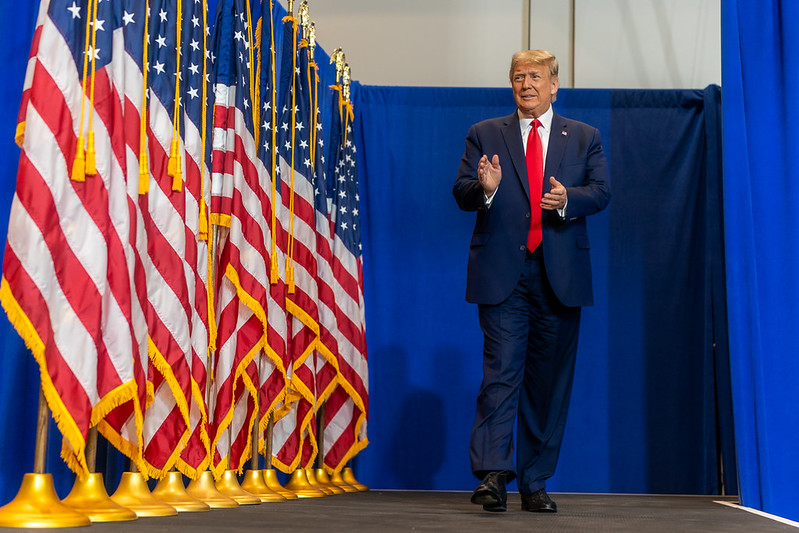With Russia and the United States slowly dismantling the hold of ISIS over Syria and Iraq, the question can now be asked, what’s next? Once ISIS is expelled, the various forces on the ground, including the independence-seeking Kurds, Syrian rebel forces, and government forces in both Syria and Iraq will be fighting for the scraps. Greg Myre examines the possible future at NPR:
So all these military advances raise the question: What happens after ISIS is defeated on the battlefield?
Trump made a number of pledges regarding the wars he inherited in Iraq and Syria, as well as Afghanistan: more airstrikes against Islamist radicals. More freedom for U.S. military commanders to act. And no more nation-building.
Check, check and check.
But that’s all part of the military mission. What about the political plan to resolve these wars?
“The issue here is we ain’t got no strategy that ties everything together,” said retired Army Col. Andrew Bacevich, a prominent military historian and a professor emeritus at Boston University.
Bacevich served in Vietnam. His son was also an Army officer and was killed in Iraq. Bacevich has been a staunch critic of military missions that don’t have a clearly defined political goal.
Read more here.




